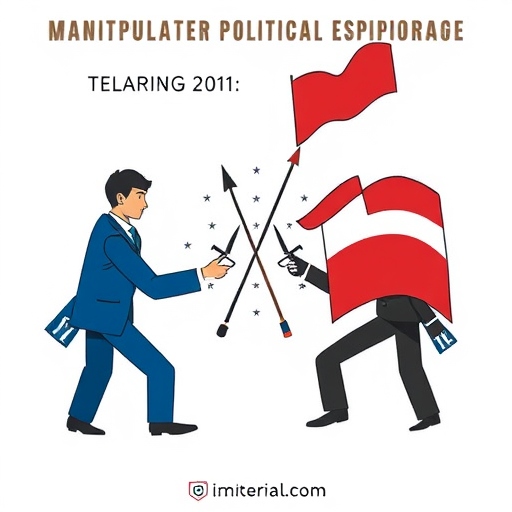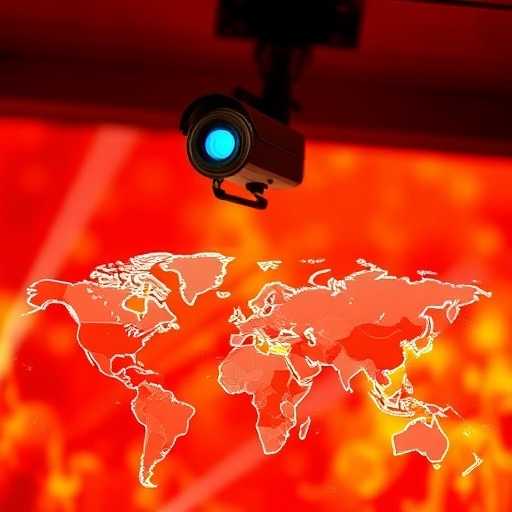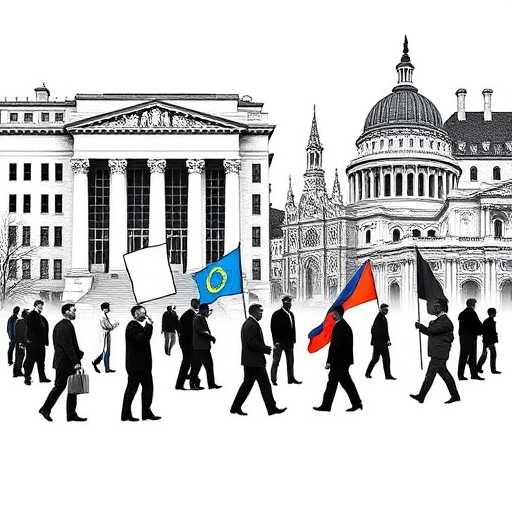
Throughout history, classified documents have served as critical windows into the hidden world of power, governance, and global manipulation. While official government records are often shrouded in secrecy, leaked or declassified files have revealed shocking truths that challenge public perceptions and question the integrity of leadership. From covert military strategies to clandestine economic dealings, these files highlight the vast disparity between public narratives and what occurs behind closed doors. The stories uncovered by classified documents exposing global conspiracies are more than just revelations; they shape public trust and alter the course of history.
In this comprehensive look, we explore six major secrets exposed by classified files, examining their long-lasting effects on trust, power, and democratic accountability.
1. Global Surveillance and Privacy Violations
The exposure of mass surveillance programs in Classified Documents marked one of the most profound shifts in public awareness about privacy and government oversight. Edward Snowden’s 2013 leaks of NSA files unveiled the existence of programs like PRISM and XKeyscore, which allowed intelligence agencies to gather vast amounts of data from private communications. Partnering with technology giants such as Google, Facebook, and Apple, the NSA collected information from millions of unsuspecting individuals, Classified Documents.
These revelations showed the expansive reach of government-run global surveillance systems, including the Five Eyes alliance. The scale of this monitoring, justified under the pretext of national security, sparked worldwide debates about the balance between privacy and safety. Citizens became increasingly aware of how their data was tracked, stored, and used without consent, igniting discussions about data rights and transparency. The impact of Classified Documents on public trust in both governments and corporations was severe, with many now viewing these entities as complicit in eroding civil liberties.
The truth behind leaked classified documents like these also prompted legislative reviews and the rise of encryption technologies aimed at protecting individual privacy. Despite some reforms, the legacy of Snowden’s revelations persists, illustrating the ongoing tension between freedom and surveillance in the digital age.

2. Military Deception and Covert Wars
Wars are often fought not only on the battlefield but also in the realm of public perception. Some of the most damning classified files have revealed how governments manipulate information to justify military action. The Pentagon Papers of Classified Documents, leaked by Daniel Ellsberg in 1971, exposed decades of deception regarding U.S. involvement in Vietnam. These documents demonstrated that successive administrations had deliberately misled the American public about the war’s objectives and likelihood of success.
Similarly, the Iraq War Logs, released by WikiLeaks in 2010, detailed thousands of unreported civilian deaths and incidents of torture during the Iraq conflict. The Afghanistan Papers, published in 2019, showed that top officials knew the war was failing while publicly claiming progress. These documents provide a stark contrast between public statements and private realities, revealing government secrets hidden in classified files that expose the real cost of war.
The fallout from these revelations has been profound. Public trust in military leadership and political accountability has eroded as more citizens recognize how narratives of heroism and defense can mask economic, strategic, or ideological motives. What classified documents reveal about power is often a grim reminder of the human cost of secrecy.
3. Diplomatic Manipulation and Political Espionage
International diplomacy is a delicate balancing act, but leaked classified documents have shown how manipulative and deceptive it can be. WikiLeaks’ 2010 Cablegate release, which made over 250,000 diplomatic cables public, provided a rare glimpse into candid communications between U.S. diplomats. These cables contained blunt assessments of world leaders, backdoor negotiations, and covert strategies to influence global events.
The cables confirmed suspicions about spying on allies and attempts to pressure other nations into compliance with U.S. policies. The revelations strained diplomatic relationships and showcased the role of power elites in decision-making far removed from democratic scrutiny. While many argue that diplomacy requires discretion, others view the secrecy surrounding these negotiations as a mechanism for elites to wield influence without public accountability.
The fallout from these leaks continues to affect international relations, as hidden agendas in secret government files reveal how even allies are subjected to surveillance and manipulation. The public exposure of such actions has fueled broader skepticism about the transparency and integrity of global governance.

4. Mind Control and Unethical Human Experiments
Few classified revelations are as unsettling as the disclosure of unethical experiments conducted on unsuspecting individuals. The declassification of CIA documents detailing Project MKUltra exposed a program aimed at developing mind control techniques using drugs, hypnosis, and sensory deprivation.
The experiments, often performed on vulnerable populations, revealed how far intelligence agencies were willing to go in their pursuit of psychological manipulation. The impact of declassified documents on public trust in this instance was profound, as it shattered illusions about the moral boundaries of national security operations. MKUltra remains a symbol of the potential dangers of unchecked government power and secrecy.
5. UFO Investigations and Unexplained Aerial Phenomena
The idea of governments hiding knowledge of extraterrestrial life has fascinated the public for decades. While conclusive evidence of alien visitation has not been confirmed, declassified reports from the Pentagon’s Advanced Aerospace Threat Identification Program (AATIP) acknowledge the existence of unidentified aerial phenomena (UAP). Military pilots’ accounts of objects moving in ways that defy known technology have fueled speculation about what governments might be hiding.
Classified documents exposing global conspiracies around UFOs do not provide definitive answers, but they confirm that these phenomena are taken seriously at the highest levels of defense. The ongoing release of related files, coupled with public demands for transparency, keeps the debate alive about what otherworldly secrets remain concealed.
6. Economic Policies and Corporate Influence
Classified trade agreements and economic policies often reveal the hidden influence of corporations on global governance. The Trans-Pacific Partnership (TPP) negotiations, for example, were shrouded in secrecy until leaked chapters exposed provisions favoring multinational corporations at the expense of consumer protections.
These files illustrated how global conspiracies and their hidden motives manifest in economic policymaking that prioritizes profit over public welfare. The backlash against such agreements has led to greater scrutiny of trade negotiations and demands for more democratic oversight of economic policies.

Conclusion
Classified documents have the power to alter how we understand the world, exposing the divide between public narratives and hidden realities. From mass surveillance and military deception to economic manipulation and unexplained phenomena, the secrets revealed by these files challenge trust in institutions and highlight the ongoing struggle between transparency and secrecy. While some argue that confidentiality is necessary for national security, the repeated exposure of unethical actions underscores the importance of accountability. Understanding these revelations offers a deeper appreciation of the complex and often troubling dynamics that govern global affairs.
If you want to read more: CLICK HERE
